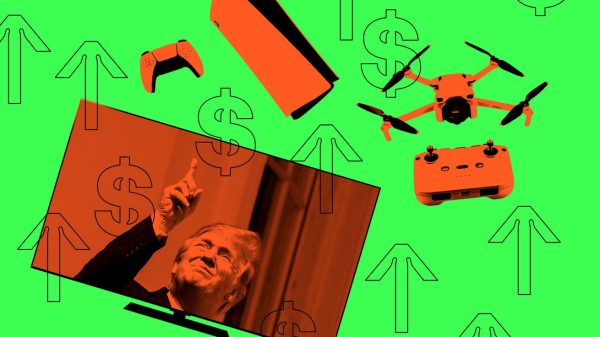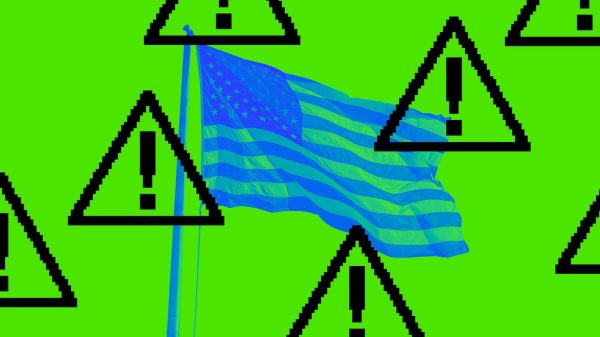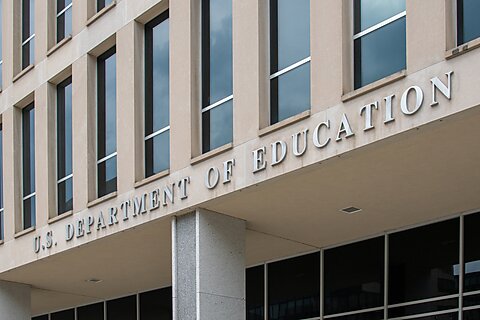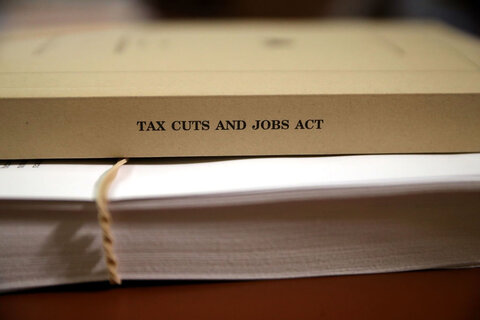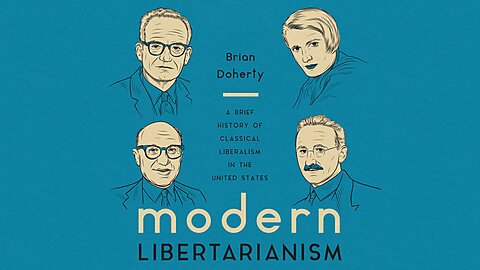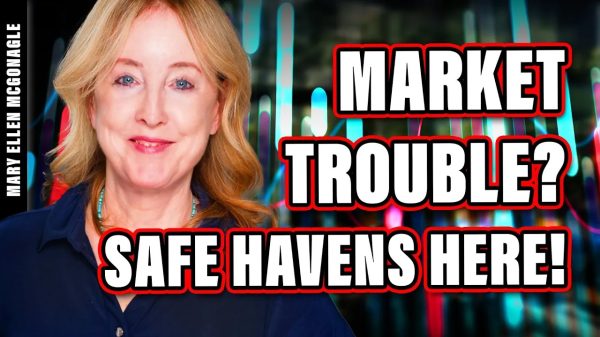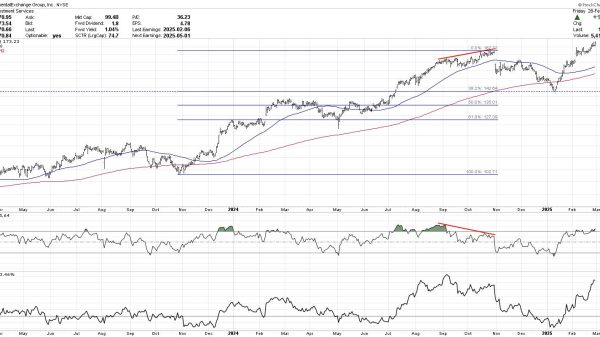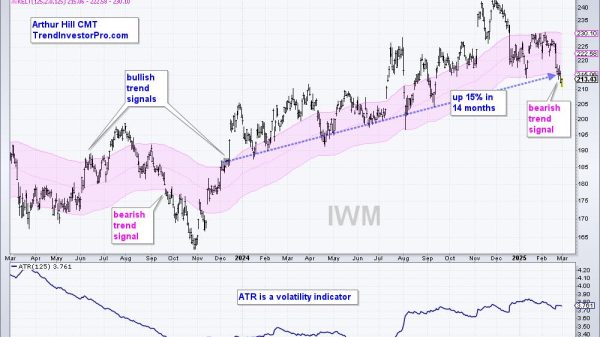Ryan Bourne
The White House has launched new fronts in its war on market prices. Last week, the Biden administration announced a “Strike Force” to “crack down” on “illegal and unfair pricing.” The Department of Justice and Federal Trade Commission (FTC) will apparently oversee a new interagency effort “to root out and stop illegal corporate behavior that hikes prices on American families through anti‐competitive, unfair, deceptive, or fraudulent business practices.”
What does this mean? In late 2022, with inflation taking off, the Biden administration declared it was going after so‐called “junk fees,” defined then as charges that were “designed either to confuse or deceive consumers or to take advantage of lock‐in or other forms of situational market power.” The opening salvo incorporated attacks on the way airlines charge families on basic economy tickets to guarantee seats together, hotel resort fees, early termination fees for communication services, and overdraft and credit card late payment fees that the White House deemed “excessive.”
Looking at this assorted list of gripes, our briefing paper last year showed the Biden administration was willfully misleading the public on the scale and importance of “junk fees.” The primary effect of squeezing one type of fee or charge, we said, would be to raise other charges or the basic product price. What’s more, regulating firms’ pricing structures as proposed would bring significant unintended consequences, because what often seemed like annoying “junk fees” served important economic functions, from increasing transparency to deterring risky behavior.
Overdraft fees, for example, internalize the risks and costs to banks of taking on customers likely to overdraw. Banning or capping overdraft fees can lead to higher minimum balance requirements that lock out lower‐income consumers from the banking system entirely. Early termination fees for TV services likewise facilitate firms to offer lower up‐front installation and hardware prices that can help liquidity‐constrained customers, while providing more certainty over revenue that allows these businesses to make risky long‐term investments and serve niche markets. Banning these fees could therefore lead to higher basic prices and less access to services for certain customers.
Yet the administration’s efforts have ignored these concerns, seeking to limit a host of “junk fees” through regulatory rules. The FTC is currently working on a broad rule that would ban companies in general from using “hidden and surprise fees” by forcing them to list a total, all‐inclusive price upfront. The Federal Communications Commission has proposed a rule to ban early termination fees for cable and satellite companies and will vote soon on a mandate for “all‐in” pricing for advertising these services.
The Consumer Financial Protection Bureau has lowered its price cap on credit card late fees to $8 from $32, while they are currently crafting rules that would limit the ability of large banks to use overdraft loans, limit banks from charging overdraft fees that exceed their costs, and ban non‐sufficient funds fees from debit card, ATM, or certain app transactions. While there’s no proposal yet to ban fees for sitting next to your child on flights, the administration launched a dashboard on the Department of Transportation’s website to monitor these fees and pressure airlines to change their pricing structures.
What’s now obvious is that the administration’s ambitions don’t stop here. The FCC is also circulating a rule that would ban “bulk billing” arrangements “by which landlords or providers charge everyone living or working in a building for a particular internet, cable, or satellite service, even if they don’t want it or haven’t opted in.” And a blog put out by the White House last week listed “junk fees” that supposedly cost consumers $90 billion per year, including charges as wide‐ranging as “airline baggage and change fees,” “food delivery service fees,” “restaurant service fees,” “apartment application fees,” and “event ticket fees.”
Looking through this panoply of complaints and proposals, three problems with this agenda become obvious.
First, there is no firm definition of “junk fees” the administration is sticking to. The White House blog says “junk fees” “are fees that are mandatory but not transparently disclosed to consumers,” for example. Yet airline baggage fees are not mandatory. Nor overdraft fees. Nor credit card late fees. Nor even early termination fees. They are either payments for services or fees charged for breach of contract.
It would clearly be more accurate to say that “junk fees” as weaponized by the White House are any fees the administration identifies some customers might dislike or find annoying. That means this war on prices is likely to create substantial uncertainty for a raft of businesses in the future.
Second, as a result of this ill‐defined approach, the aims of anti-”junk fee” policies are often explicitly contradictory. The proposed rule on bulk billing implies it is unfair and uncompetitive for landlords owning apartment blocks to bundle up charges, such as for broadband, into a total rent price, for example. The Biden administration says it doesn’t want tenants paying for services they haven’t opted into. Yet much of the rest of the anti-”junk fees” agenda encourages the bundling up of fees into a “total price.”
The White House wants everyone else to pay more, for example, to guarantee parents and children can sit together on flights, rather than airlines charging those families directly. The Biden administration wants food delivery services to wrap up their fees into a total price upfront rather than separating them out and informing consumers at the end of a transaction. And it wants all other customers to pay higher prices rather than allowing communications companies or banks to charge customers for early terminations of contracts or overdrawing their accounts.
Finally, the administration remains highly economical with the truth on how much “junk fees” cost consumers. In its recent blog, the White House’s Council of Economic Advisers estimated that “junk fees” in the US economy total approximately $90 billion per year, or $650 per household. Yet even the White House admits “in the absence of these fees, businesses would likely raise their advertised prices to some degree.” No kidding.
To justify the implication of significant customer losses, the administration therefore just asserts that “junk fees” themselves are anti‐competitive, suggesting that by eliminating them, market prices would fall substantially. This seems unlikely. Instead, to a first approximation, it’s more accurate to say that competitive conditions in most industries are independent of the structure of prices, such that capping or banning some fees will simply increase basic prices or other charges, with little net savings to consumers. In certain cases, the existence of fees may even be pro‐competitive, allowing greater access to services for more consumers, or providing better transparency over costs that helps inform consumers.
The White House claims, for example, that the CFPB’s anti-”junk fees” actions alone will save customers $19.5 billion, including $10.5 billion from reducing credit card late fees. Yet reducing the cap on credit card late fees is not the end of the matter. The agency itself admits that such a rule may raise the interest rates issuers charge, increase minimum payment amounts, or lead to adjustments to credit limits to reduce the risks of customers who tend to make late payments. These will offset the total price of using credit cards for many customers. In fact, risky consumers who lose access to services face, in effect, an infinite price rise.
Faced with voters still angry about the episode of high inflation they’ve endured, the anti-”junk fees” agenda has allowed the administration to deflect blame to corporations for unpopular fees and charges. The more the White House pursues this agenda, however, the more incoherent the restrictions on fees become, and the more fanciful the estimates of the benefits to customers.
For more on “junk fees” see our briefing paper here. Or pre‐order the forthcoming Cato book, The War on Prices: How Popular Misconceptions about Inflation, Prices, and Value Create Bad Policy.


